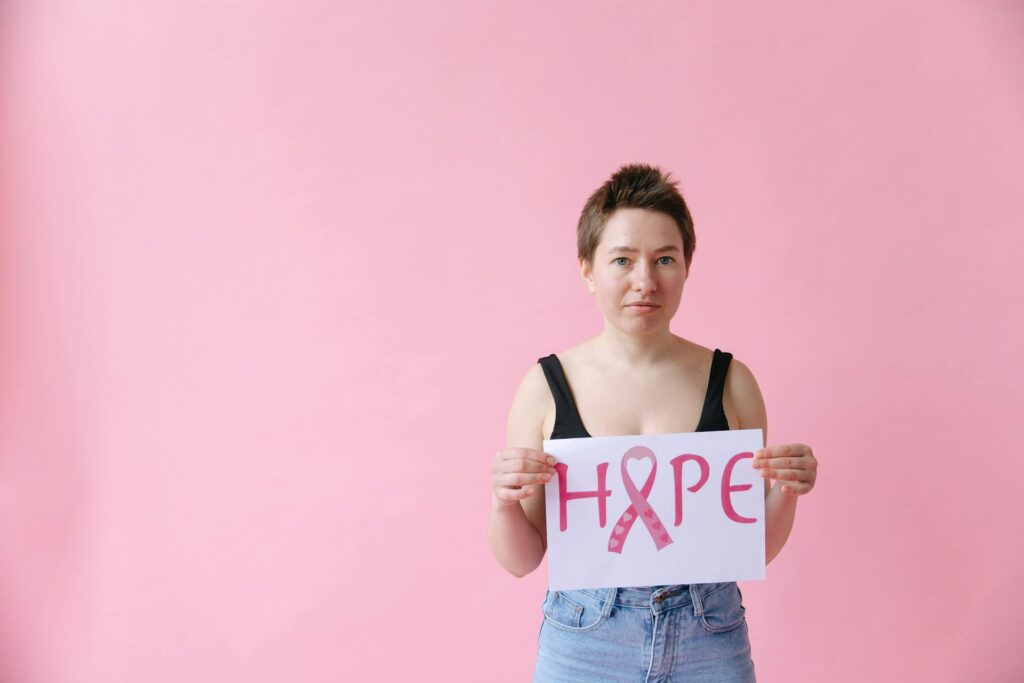
After skin cancer, breast cancer is the leading form of cancer affecting women around the world. In fact, roughly 13% of women are at the risk of developing the disease at some point in their lives. So, what really begs the question is why is this form of cancer so prevalent, and why haven’t we been able to thwart it? An experienced gynecologist in Dubai will tell you the reason: it’s because breast cancer manifests itself in various different ways. It could be a hereditary condition, old age, lifestyle choices, exposure to certain drugs, etc. Just consider yourself extremely unlucky if you contract the condition. Thankfully, there are plenty of medications and surgical options available to shrink or kill the cancer.
Let’s talk in-depth about breast cancer awareness and prevention.
Table of Contents
Why Breast Cancer Awareness Matters
Raising awareness helps save lives. When breast cancer is detected early, the survival rates significantly increase, and treatment options become more effective. However, early symptoms can be subtle, and often, women may overlook them. Awareness campaigns educate people about the signs and symptoms of breast cancer, such as lumps in the breast or underarm, changes in breast size or shape, and unusual discharge from the nipple. Knowing these signs and checking yourself regularly can help catch any changes early.
Beyond physical awareness, awareness also helps break down stigmas and encourages open conversations. These dialogues can lead to increased support, funding for research, and advocacy efforts, ultimately improving access to resources and treatments.
Steps for Prevention and Early Detection
While there is no guaranteed way to prevent breast cancer, certain lifestyle choices can reduce the risk. Here are some steps to consider:
Regular Self-Exams: One of the simplest and most effective ways to catch changes early is through monthly breast self-exams. Set a reminder each month to check for any lumps or unusual changes. If you’re unsure how to do this, there are plenty of guides online or through healthcare providers that can help.
Annual Screenings: Regular mammograms are critical, especially for women over 40 or those with a family history of breast cancer. A mammogram can detect cancer before any physical signs appear, making early treatment possible. If you’re under 40 but have a family history or other risk factors, speak with your doctor about the best screening plan for you.
Maintain a Healthy Lifestyle: Diet, exercise, and avoiding harmful habits can make a difference. Try to incorporate nutritious foods, stay active, and maintain a healthy weight, as studies suggest that obesity, especially after menopause, can increase breast cancer risk. Additionally, limit alcohol consumption and avoid smoking, both of which have been linked to an increased risk of breast cancer.
Know Your Family History: If close relatives have had breast cancer, your risk may be higher. Knowing your family’s medical history helps you and your healthcare provider create a tailored plan that may include earlier screenings or genetic testing.
Genetic Testing and Counseling: For some women, genetic factors play a role in their breast cancer risk. Genes like BRCA1 and BRCA2 can significantly increase the risk if they have mutations. Genetic counseling and testing can help determine if you carry these mutations and provide guidance on managing your risk.
Support and Resources
If you or someone you know is affected by breast cancer, remember that support is available. Numerous organizations provide resources, support groups, and counseling for patients and families navigating breast cancer. From local support groups to online communities, connecting with others can provide comfort and valuable information.
In Closing
Breast cancer awareness and prevention are ongoing journeys. By taking small steps to stay informed and spreading knowledge, you’re contributing to a world where breast cancer is caught early, treated effectively, and one day, prevented altogether. Moreover, hospitals in Dubai UAE are well-equipped to catch the disease early and offer a tailored recovery plan.

